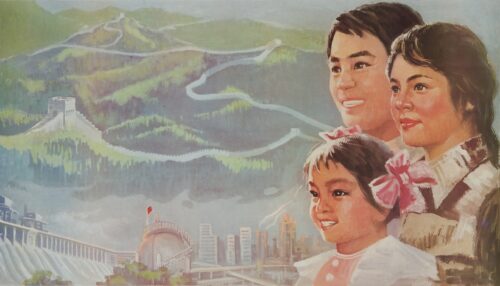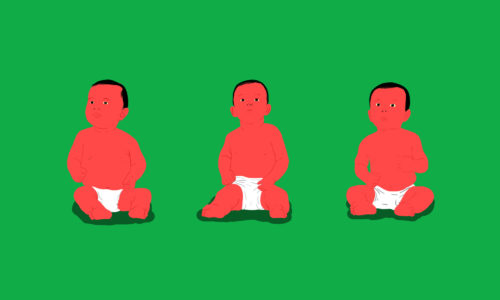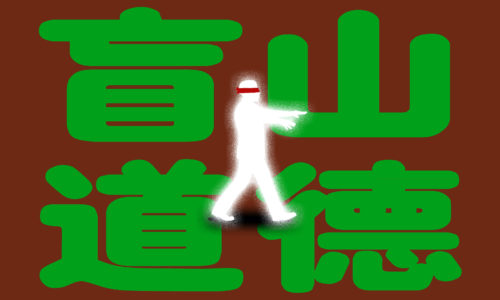Guangxi officials accused of baby trafficking during one-child era
Allegations of Chinese family planners engaging in child trafficking more than three decades ago has brought a dark chapter in the country’s birth control history back to the spotlight.

Although China has taken incremental steps in recent years to remove birth restrictions for married couples in an effort to encourage child-rearing, the pain and horror experienced by many parents during the one-child policy era has not been forgotten. That collective trauma has come back to the forefront this week after an explosive scandal in Guangxi province, where a family claimed that local officials took away — and potentially sold off — one of their babies more than 30 years ago.
The bombshell allegations were brought to light yesterday morning when an anonymous Weibo user shared (in Chinese) a photo of a letter from health authorities in Quanzhou County, a rural region in the city of Guilin. Dated July 1, the notice was the local government’s response to a request submitted by the family for law enforcement officers to investigate the disappearance of a toddler in the 1990s.
“Our verification indicates that your baby, who was the seventh child in your family and was born outside of allowed quotas, was taken away for social adjustment under a countywide order. There was no practice of child trafficking,” the letter said.
Under the national policy of “keeping population in check and improving the quality of the population,” it added, local regulations at the time required every family to give up one excess child for “social adjustment.” Because there’s no official record of where these children ended up, the bureau had to reject the family’s plea for help finding the lost child, the notice said.
China’s one-child policy was implemented in 1979. For more than three decades, most married couples in China were only allowed to have one child, while an army of family planning enforcers across the country routinely handed out fines to families who contravened the birth limits, and occasionally forced women to undergo abortions and sterilizations.
In urban environments, the policy was strictly enforced. But in the Chinese countryside, where large families are considered a blessing and a norm, many “’illegal”’ children were born in secret. Although some parents managed to raise the kids normally, others caught concealing excess births were punished, leaving horrific tales about newborns being strangled or drowned by family planning officials.
As the anonymous letter made the rounds on Chinese social media, scores of people reacted with shock and anger. Many decried the “social adjustment” program as “inhumane” and “immoral,” while others suspected that the babies taken away from their parents were sold for profit.
“This really brings chills to my spine. The level of evilness is beyond my imagination,” an incensed Weibo user commented, while another person wrote, “How about we apply the same social adjustment rule to excess wealth and properties owned by government officials?”
Although Weibo moved fast to censor several hashtags related to the news and restricted discussions about it, the amount of attention on the case has encouraged the family in Quanzhou to speak out. In an interview with the Red Star News, the mother of the lost child, who is almost 70, said she lost contact with her son when he was one year old. The boy’s sister told Ifeng News that because her parents were unable to pay the fine for the excess birth, local family planning workers seized some of their furniture and livestock at first. The couple tried to borrow money from relatives, but the officers ran out of patience and eventually took the child.
The outrage on social media prompted local authorities to take action. According to Guilin Evening News, the municipal government has created a special task force to investigate. Several senior officials, including the director of the health bureau in Quanzhou, have been suspended for mishandling the family’s complaint.
At a time when Beijing continues to ease controls on child-rearing while ramping up efforts to encourage births, many internet users described the Quanzhou scandal as a painful reminder of a dark chapter in China’s history, and a reminder of how the legacy of “social adjustment” continues to haunt many families. Some said they were specifically enraged by the indifference shown in the letter, which they said reflected a general lack of remorse among Chinese policymakers about what happened during the one-child era, as well as their disrespect for people’s reproductive freedom.






